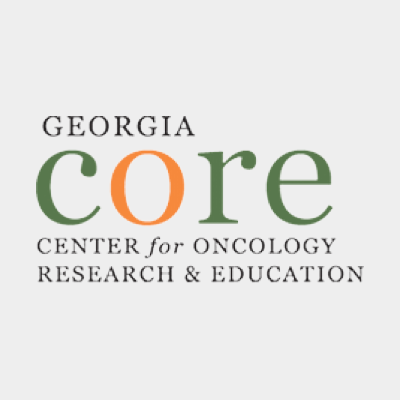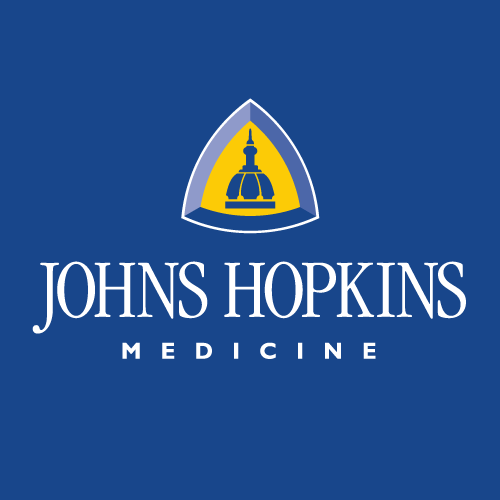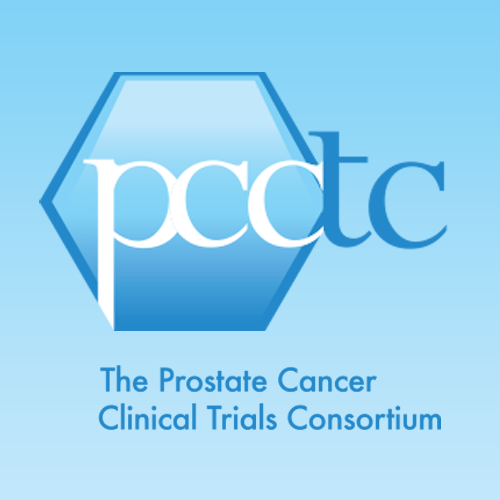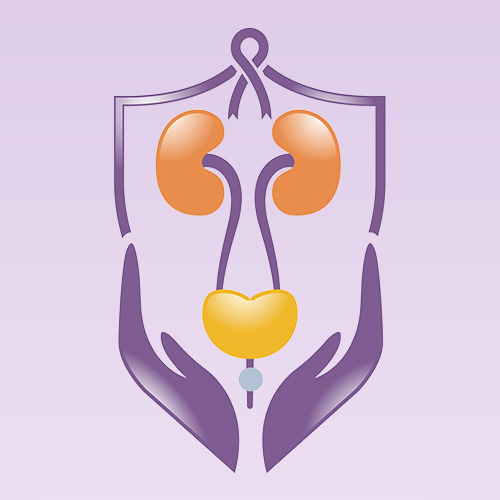Georgia CORE is a statewide 501c3 that leverages partnerships and innovation to attract more clinical trials, increase research, and promote education and early detection to improve cancer care for Georgians in rural, urban and suburban communities across the state.
Georgia CORE has received Advancing Cancer Treatment's Community Engagement Grant to help recruit and provide navigation services for participation in the PROMISE Registry. PROMISE is a registry of prostate cancer patients participating in a research study to learn how genetic differences can affect patient outcomes.
The goals of the grant are:
- To identify Black and Latino/Hispanic prostate cancer patients in the Atlanta metro and rural areas of Georgia for participation in the PROMISE Registry Study.
- To navigate patients who are referred from five partner organizations, educating them about the study and reasons for participation.
- To accrue at least 25 patients per year to participate in the PROMISE Registry Study who agree to undergo genetic testing and follow-up in the event they test positive for pathogenic mutations, and to coordinate all work needed to reach this goal.
Georgia CORE's partners for the program are Phoebe Putney Cancer Center in Albany; John B. Amos Cancer Center of Piedmont Columbus Regional; Pearlman Cancer Center at South Georgia Medical Center in Valdosta; WellStar North Fulton Medical Center; and Georgia Cancer Specialists (an affiliate of Northside Hospital Cancer Institute) in Decatur.
Set to begin March 1, the two-year grant will partially fund a Clinical Trials Navigator position at Georgia CORE and outreach and engagement work for recruiting.





